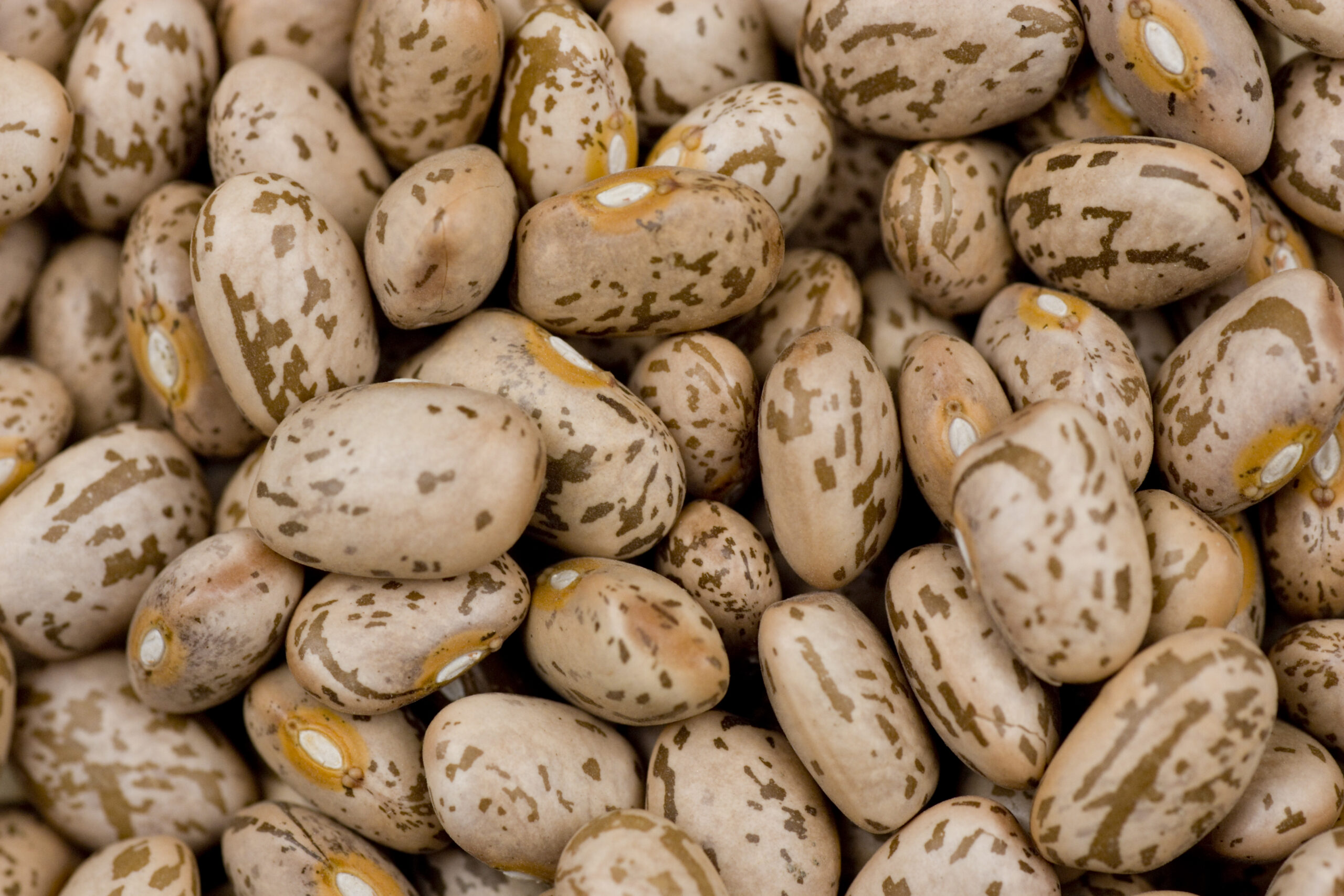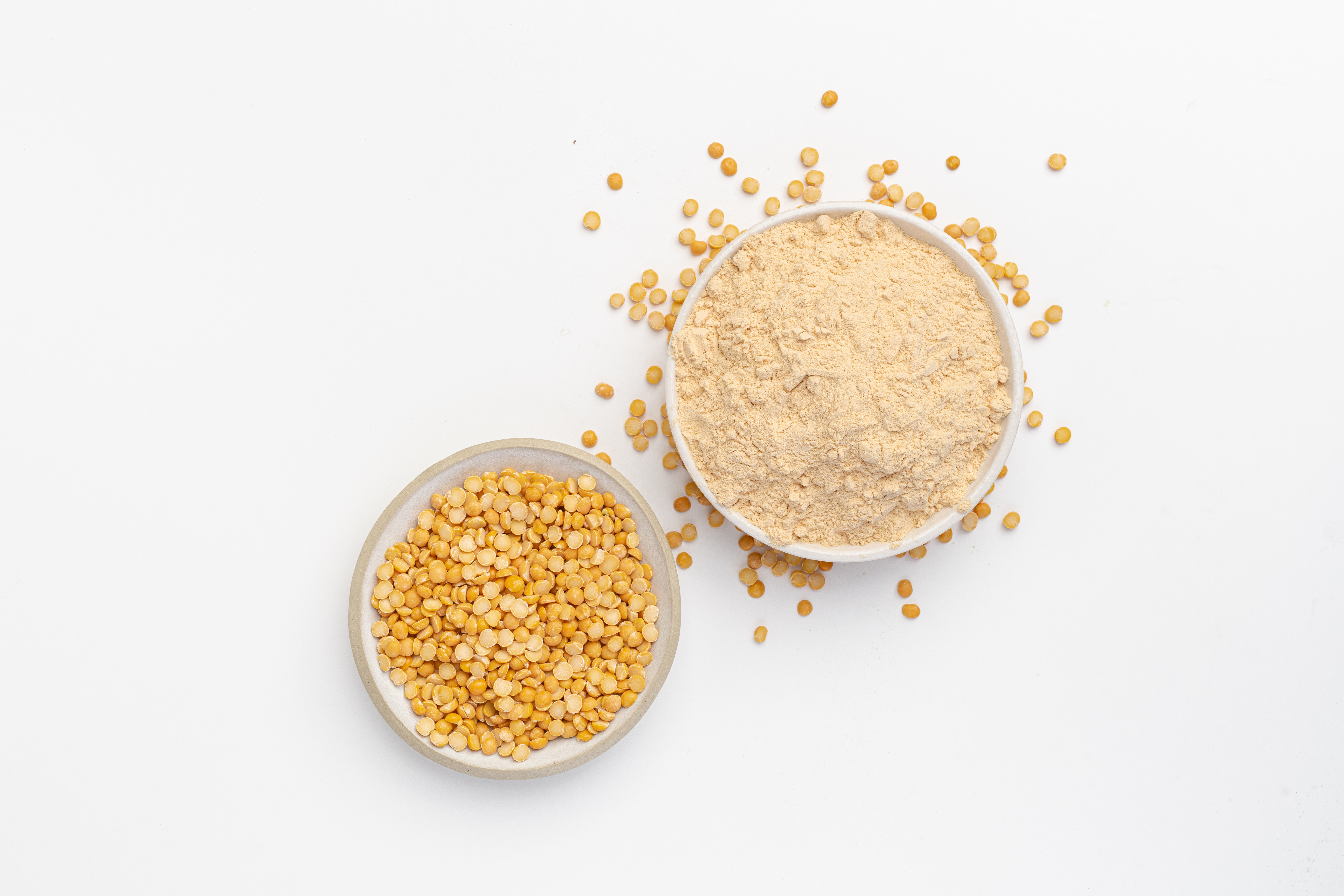A research team in Lethbridge, Alta. is assessing the canning and cooking quality traits of experimental dry bean lines to ensure they meet the expectations of consumers and the canning industry.
Led by Agriculture and Agri-Food Canada (AAFC) researcher Dr. Parthiba Balasubramanian, the team is specifically investigating varieties from registration trials in Ontario, Manitoba, Saskatchewan, and Alberta to make sure the crops farmers are growing will not produce anomalous beans in their samples, such as those that fail to soften during cooking or soaking.
Compared to many other crops, a dry bean is judged less on its internal attributes and more on how it looks and performs on the plate.
“Dry bean experimental lines must be rated as ‘acceptable’ for canning and cooking quality traits, compared to check cultivars, prior to receiving support for registration as cultivars from the Ontario Pulse Crop Committee,” says Dr. Balasubramanian.
“As part of canning quality, traits such as hydration coefficient, dry seed colour, processed seed colour, drain weight, texture, matting, and appearance are assessed, and as part of cooking quality, hard seeds and partially hydrated seeds are assessed after soaking and cooking.”
The scenario of someone biting into a hard seed does occasionally happen. Dr. Balasubramanian’s research was able to identify some dry bean lines more likely to produce the odd hard seed. His research also identified some dry bean lines—grown in the same area—showing good traits for canning and cooking, i.e., no hard-as-rock seeds.
Pulse farmers can be confident that the varieties they have available to them are approved for the consumer market.
“Each year, dry bean experimental lines with canning and cooking quality traits that were ‘equal to’ or ‘better than’ the check cultivars were selected and recommended for registration as cultivars in Canada by the two National Registration Recommending Committees, Ontario Pulse Crop Committee and the Prairie Recommending Committee for Pulse and Special Crops,” says Dr. Balasubramanian.
His research has identified dry bean lines in Ontario and across the Prairies that possess better canning and cooking qualities.
Dr. Balasubramanian’s work will continue to assess experimental and new dry bean lines, ensuring that only those with good seed quality traits are subsequently registered as varieties for commercial production in Canada.

Project: Identification of dry bean lines in Ontario and the Prairies with improved canning and cooking quality
Industry Funder: Alberta Pulse Growers, Manitoba Pulse and Soybean Growers, Ontario Bean Growers
Project Cost: $87,444
Project Completion Date: March 31, 2023



